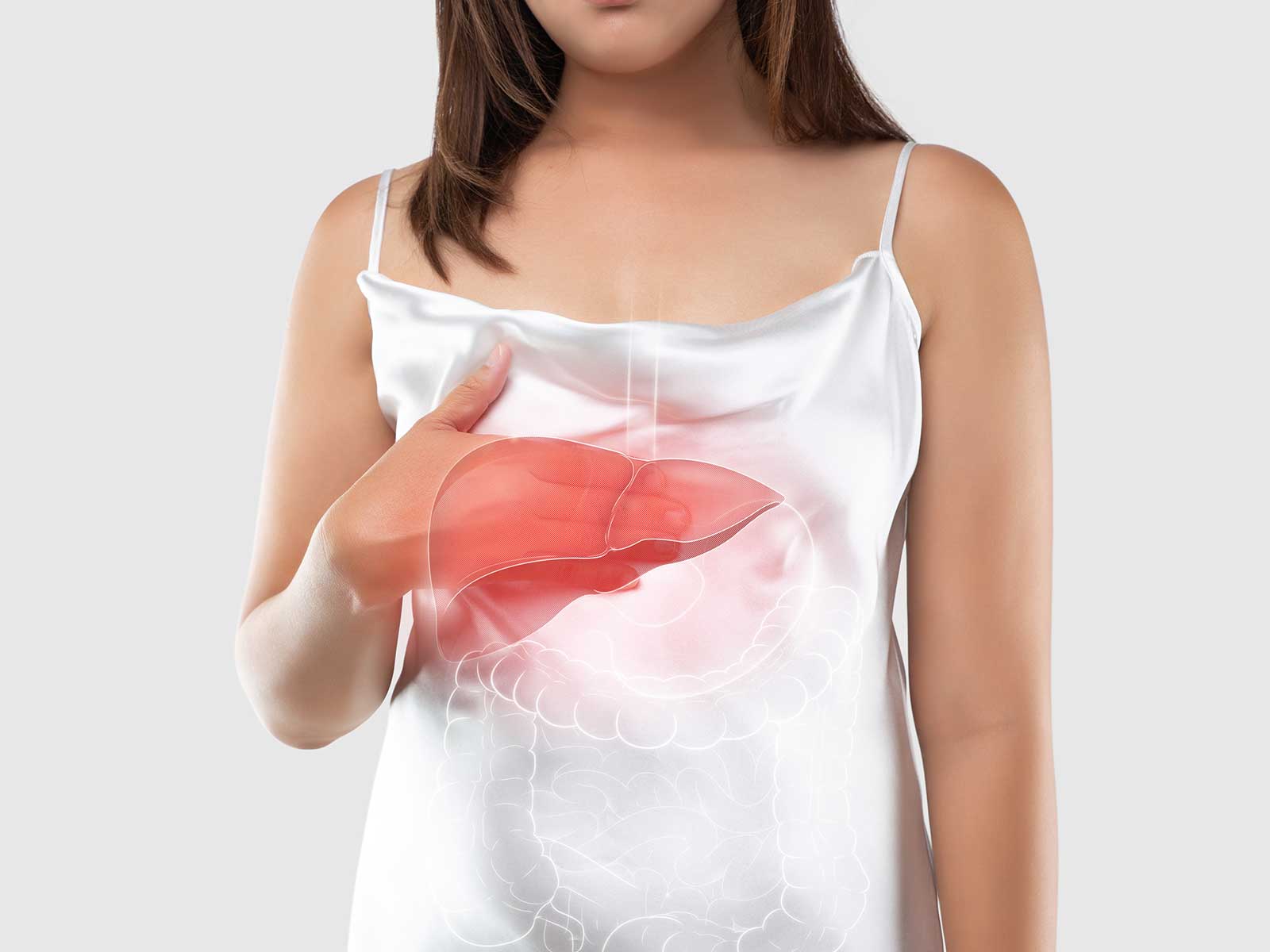
The neuroendocrine tumors (NETs) develop out of neuroendocrine body cells, also referred to as gland-producing hormone cells, which may be found anywhere in the body, although, they occur most typically within the gastrointestinal tract, the pancreas and the lungs as well. NETs can be either storious or violent. There are other individuals with high secretion of hormones which have various clinical syndromes. The distinction of comorbidities of stress during the younger days will be diagnosed, resulting in optimal intervention.
Depending on the location and the activity of the hormones in a—tumor, the NET is related to various symptoms. The majority of the small NETs fail to be given in the first place. One may find them to be violent as they develop or when they are releasing hormones:
Most of the NETs are known to be of unknown causes:
Do not wait in case you think that you might have a perianal fistula. Is a member of Houston based Contact GastroDoxs. Call GastroDoxs to make your appointment. We are ready to provide that professional attention and guidance to you in order to enable you start feeling well.
Ready to feel better? Call us at 832-632-4070 or book your appointment online today. We'll help you start your journey to comfort and confidence.
We've successfully treated more than 1.5K patients, helping individuals improve their digestive health and overall well-being through expert, personalized care.
With over 20 years of experience, GastroDoxs has been a trusted provider of gastroenterology care, focusing on delivering the best outcomes for patients
A perianal fistula is a small tunnel developing around the anal canal and between the skin and the anal canal and may thus cause pain to the user after infection or abscess and hence may drain.
Most of the perianal fistulas occur because of a plugging and infection of an anal gland; other causes include inflammatory bowel conditions like Crohn's as well as past injury or surgical surgeries, and very rarely, due to an infection like tuberculosis.
It is typically a tiny red lump or a hole, which is situated in the area of anus and with which pus or blood may spurt out; which will be followed by redness, itchiness or irritation of that area.
seton This is a rope band, thread band or rubber band injected through the fistula tract so that the fistula does not close up by its own, but instead takes a long time to heal.
The healing of majority patients occurs between four to six weeks following fistula operation but complex cases may take longer.
Though majority of perianal fistulas may require a surgical procedure, in an attempt to completely cure the situation, few of the mild complications or those that are a result of inflammatory bowel disease can be treated with medications.
Visit the doctor in case of persistent pain or swelling as well as drainage or reappearing abscess in the areas around anus as well as during fever or sore sitting.
Physical examination suffices, however, imaging, such as MRI and endoanal ultrasound could be used in an attempt to map complex fistula channels before treatment.
Sitz baths during and after the operation, keeping the wound clean and dry, wound care instructions, post-operative rest and follow-ups are also related with sufficient postoperative care so that wound healing occurs.
GastroDoxs as a professional bowel and anal specialist is offering specialist caring friendly service, which offers the maximum of treatment facilities, comprehensible communication and follow up in order to offer maximum comfort and recovery.